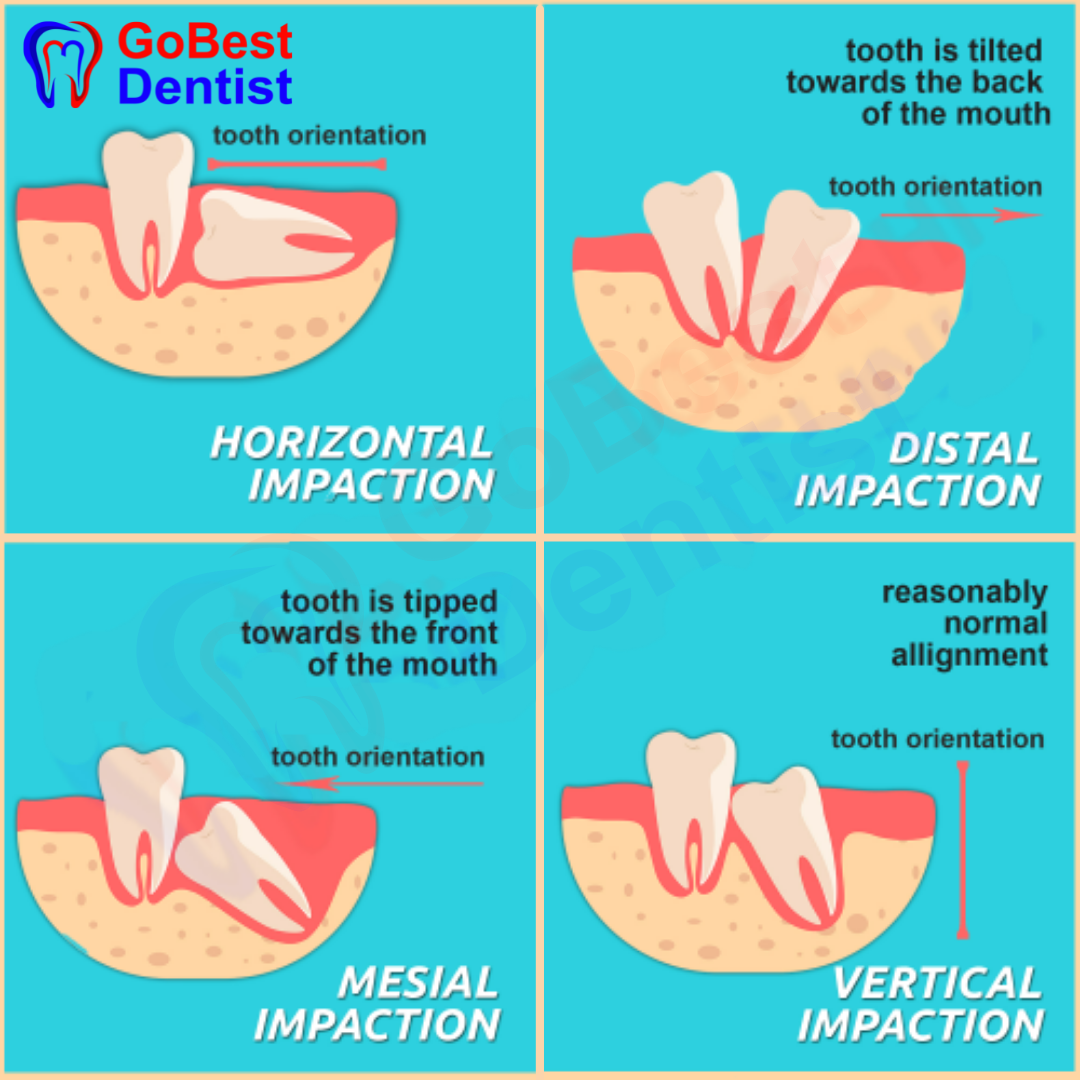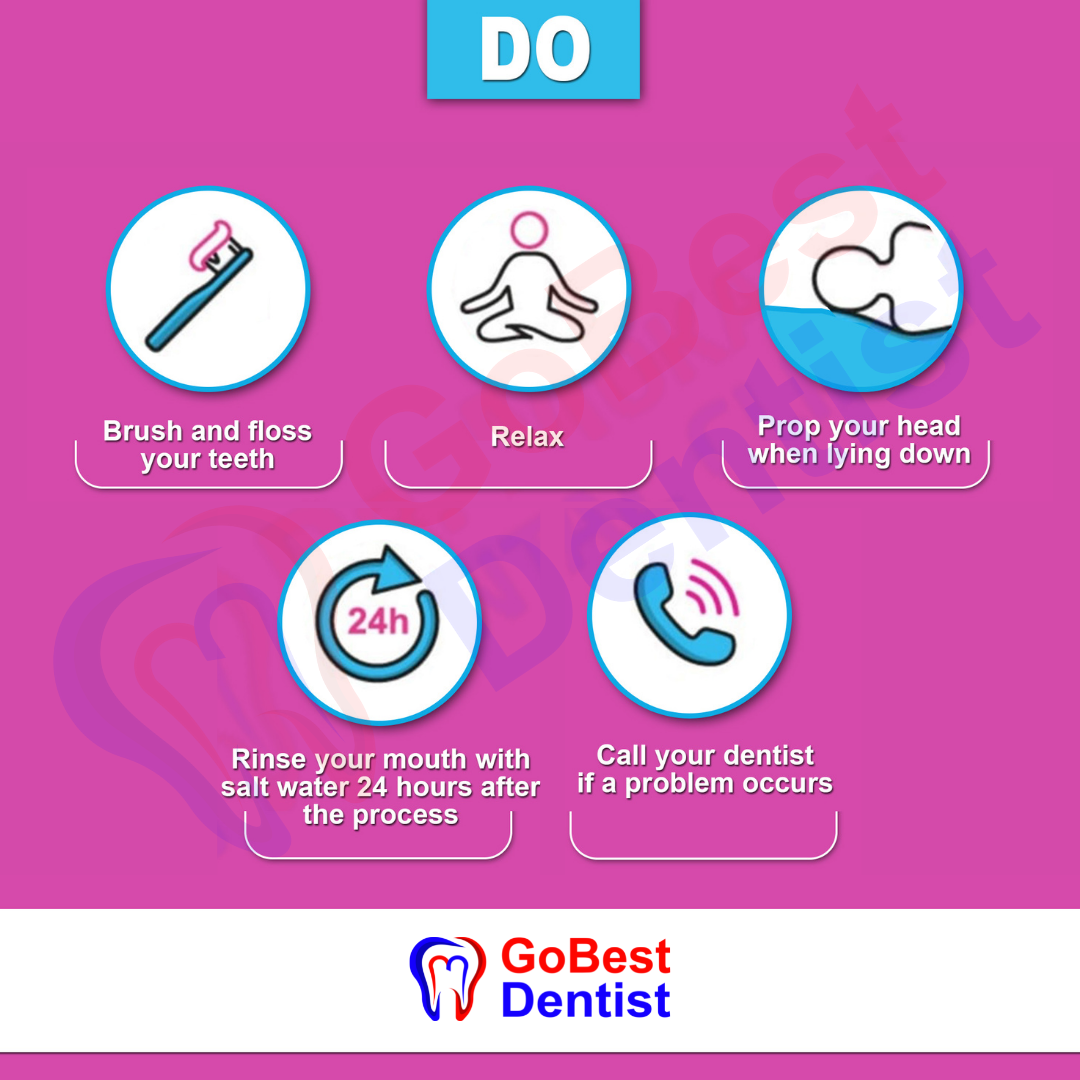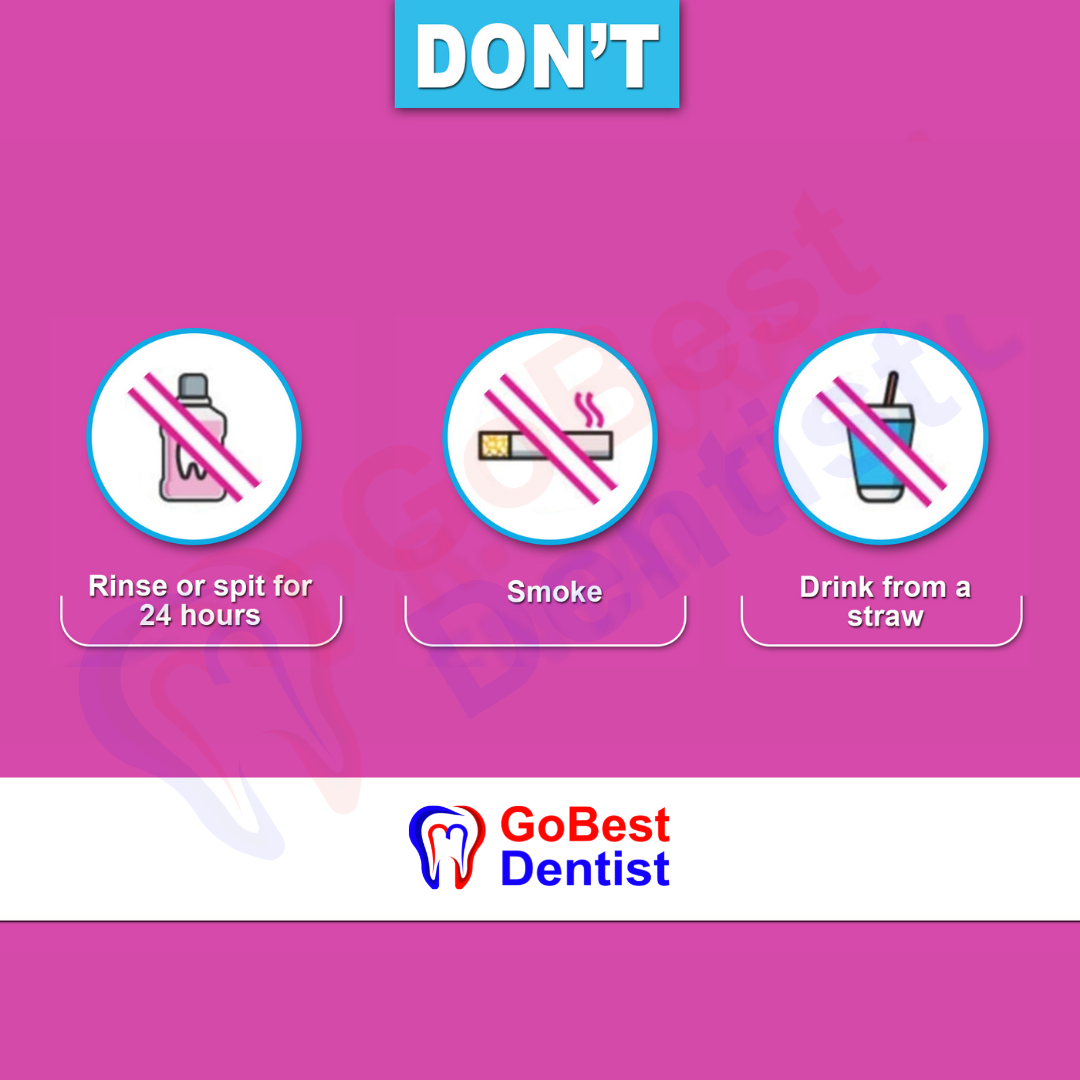
WHAT
What is a wisdom tooth?
Wisdom teeth are set of third molars that are last to erupt on each side in both upper and lower jaw. They usually erupt between the ages of 17 to 25 years.
If your wisdom teeth does not have space to erupt in your oral cavity, it may cause pain and infection. In such cases you will have to get them pulled either by your general dentist or by your oral surgeon. Such teeth are known as impacted wisdom teeth as they are trapped inside your jaw bone or your gums.
WHAT
What problem can an Impacted wisdom tooth cause?
Wisdom teeth might erupt normally like any other tooth in some people while some people may face repeated problems. You may have to get your wisdom teeth pulled if you have any of the following symptoms:
- Pain.
- Recurrent infection.
- Bad taste in mouth.
- Difficulty in opening mouth.
- Decay in wisdom tooth.
- Wisdom teeth damaging the surrounding teeth while trying to erupt.
- Food lodgement between wisdom tooth and the adjacent tooth.
- Food lodgement under the skin surrounding the wisdom tooth.
- Formation of a fluid filled sac called cyst around the wisdom tooth which might require a minor surgical procedure.
- Space issues during orthodontic treatment of teeth.
HOW
How does wisdom tooth extraction take place?
Wisdom tooth extraction requires some preventive and necessary measures before it is done. First of all it is in fact necessary to carry out an x-ray of the mouth , called orthopanoramic , which will allow the doctor to identify the precise location of the tooth and decide how to operate. It is also a good idea, before and after an operation, to take an antibiotic for a few days in order to prevent risky infections.
This operation takes place under local anesthesia by injection. The operation consists in incising the gum, if the third molar has not come out completely, and extracting it with special surgical instruments. Once the avulsion has taken place, we proceed to give some stitches and verify that everything has been done in the right way.
Read moreLooking for wisdom tooth removal in Pimpri,Chinchwad?
BOOK YOUR APPOINTMENT TODAY10 things to DO after wisdom tooth extraction
- Sleeping with your head elevated on a pair of pillows is an effective remedy for pain and gum bleeding after a wisdom tooth has been extracted.
- To prevent or plug any gum bleeding, it is recommended to keep an absorbent gauze pressed on the tooth extraction site for at least 30-60 minutes, without removing it or touching it with the fingers.
- Take prescribed medicines before the effect of the anesthesia wears off.
- For the first 5-6 hours after tooth extraction it is recommended to keep an ice pack(wrapped in a soft cloth) on the outside of the jaw , in line with the surgery site. Remove the ice after 10 minutes and apply it again after another ten minutes.
- Adequate rest in the days following the extraction promotes complete recovery in less time.
- Gently rinse the mouth with disinfectant warm saline water 24 hours after the wisdom tooth extraction . Continue rinsing for at least two weeks after the operation: it is advisable to rinse the mouth - with a quantity of solution that can contain a measuring cup - for at least one minute.
- Contact the dental office if the pain persists even after 3 days after dental surgery.
- Proceed with normal dental care with extreme delicacy in the dental extraction site (do not force with the toothbrush, prefer those with soft bristles).
- Contact your dentist immediately if your body temperature exceeds 39 �� C and cannot be reduced with medication.
- Eat only soft food for the first 24 hours.


10 things NOT to DO after wisdom tooth extraction
- Do not rinse your mouth for the first 8-12 hours after extraction.
- Do not take hot drinks or food.
- Do not smoke for the first 2-3 days after extraction.
- Don't chew gum for a week after pumping.
- Do not take medications containing acetylsalicylic acid (Aspirin) which could interfere with clotting.
- Do not brush your teeth in that area for at least a week in case of complicated extractions.
- Do not engage in sports or heavy physical activities for the first 2 or 3 days after the extraction.
- Sleeping with your head elevated on multiple pillows helps reduce bleeding and swelling.
- The ideal diet after extraction consists of cold, soft foods and lots of liquids.
- Adequate rest, in the days following the extraction, promotes rapid healing.
Frequently Asked Questions
To help the wound heal better, we recommend ice packs while hot foods, coffee, alcohol, cigarettes, rinsing too vigorous and taking too many medications immediately after surgery are to be avoided.



